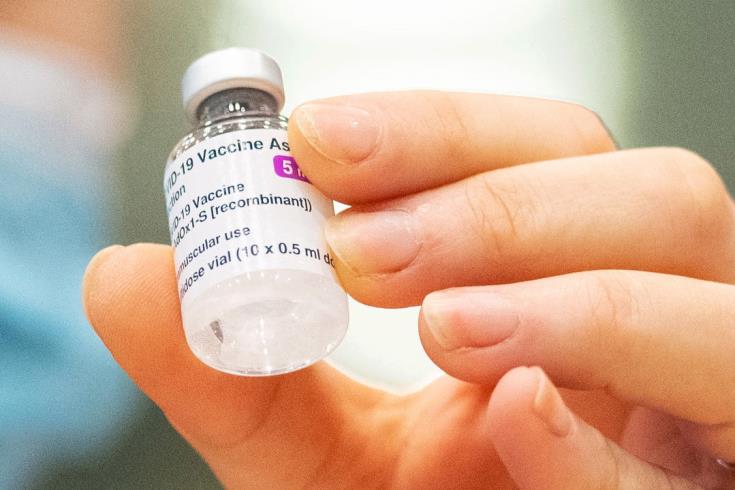With AstraZeneca’s COVID-19 vaccine on board, Cyprus’ slow-moving vaccination rollout is back on track as vaccinations pick up speed.
Cyprus’ Health Ministry announced it will receive the first batch of 7,200 doses from AstraZeneca on Monday, allowing to announce that 10,058 vaccination appointments will be available for people over 80 from Saturday.
As confirmed by the ministry, unlike several EU counterparts, Cyprus will use the AstraZeneca vaccine, once receiving it, on the general population including those aged 65 and above.
The decision was taken upon the advice of the Advisory Scientific Committee on COVID-19 which suggested administration of the Oxford-AstraZeneca vaccine to all age groups.
Asked, why the Health Ministry opted to administrate the AstraZeneca vaccine to all age groups, despite several EU states deciding not to, Health Ministry spokesperson Margarita Kyriacou said they acted on the instructions of the European Medicine Agency.
“The EMA is seen as the only relevant Authority in the European Union capable of evaluating the scientific data of pharmaceutical products.”
Around 19,000 people have received at least the first dose of the vaccine, 5,500, mainly residents at homes and frontline health workers, have had the second jab.
Cyprus receives 6,800 vaccines from Pfizer/BioNTech weekly with another 2,400 vaccines expected from Moderna this week.
Cyprus expects 69,000 doses of AstraZeneca’s vaccine within February.
Commenting on February’s vaccine deliveries, the ministry said: “The aim is for vaccinations to reach people over 75 years of age, as well as health professionals by the end of the month.”
It said upon recommendation of the Scientific Advisory Committee, the second dose of AstraZeneca will be administered in the twelfth week, based on a study in the Lancet medical journal, with data collected from the United Kingdom, Brazil, and South Africa.
Efficacy rate rose to 82.4% when there was at least a 12-week interval before the second dose, the study showed.
When the second dose was given less than six weeks after the first one, the efficacy rate was 54.9% and 60% between 6 and 8 weeks.
“These analyses show that higher vaccine efficacy is obtained with a longer interval between the first and second dose and that a single dose of vaccine is highly efficacious in the first 90 days, providing further support for current policy,” the report said.
The U.K.’s current strategy is to vaccinate as many people as possible with a single dose first and to delay the second dose for up to 12 weeks — the idea being that a first dose provides at least some partial protection and allows more people to access the vaccines while they are in limited supply.










